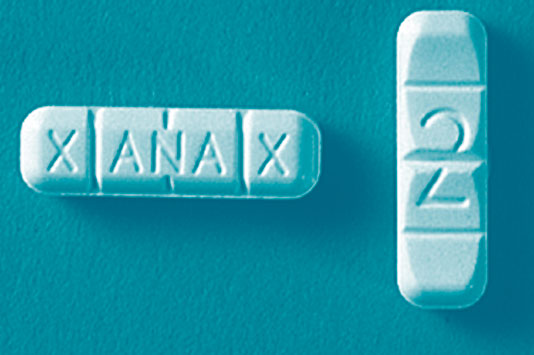Get Clean! Call us today!
1 (888) 330-2532
Depressants
Depressants are drugs that slow down the activity of the central nervous system, which reduces a person’s alertness and slows down functions such as breathing and heart rate. In small quantities depressants can cause a person to feel more relaxed. In large quantities they can cause unconsciousness, vomiting and death. Mixing more than one depressant is dangerous as this can make it harder to think clearly, properly control how you move and may stop your breathing and cause death.
Barbiturates
Barbiturates are central nervous depressants. They reduce the activity of nerves, thus causing muscle relaxation. They can also reduce heart rate, breathing, and blood pressure. One of the older classes of medications, barbiturates are used for treating headaches, insomnia and seizures. Common side effects include: dizziness, lightheadedness, headaches, nausea, vomiting and abdominal pain. They can also be habit forming.


Tranquilizers
Tranquilizers are a drug that calms and relieves anxiety. They range in potency from mild to major, with increasing levels of drowsiness occurring as potency increases. They are prescribed for a wide variety of conditions but are used primarily to treat anxiety and insomnia. Most tranquilizers are potentially addictive, particularly those in the benzodiazepine family (Benzodiazepines are drugs primarily used for treating anxiety).
Alcohol
Alcohol consumption can damage the brain and most body organs, including the heart, liver and pancreas. It also increases the risk of some cancers, weakens the immune system, puts fetal development at risk, and causes deadly vehicle crashes.
Learn more about addiction to alcohol on our Alcohol Page:


Nicotine
Nicotine is an addictive stimulant found in cigarettes as well as other forms of tobacco, e-cigarettes or e-vaporizers. It causes an increase in blood pressure, breathing, and heart rate. Although nicotine itself does not cause cancer, many of the chemicals in tobacco are carcinogenic (have the potential to cause cancer). Cigarette smoking accounts for at least 30 percent of all cancer deaths, especially lung cancer. Tobacco smoking can also lead to other lung diseases such as chronic bronchitis and emphysema. It increases the risk of heart disease, which can lead to stroke or heart attack. Smokeless tobacco increases the risk of cancer, especially mouth cancers. Scientists are still studying the potential harm caused by the use of e-cigarettes.
